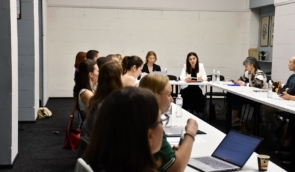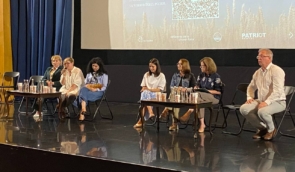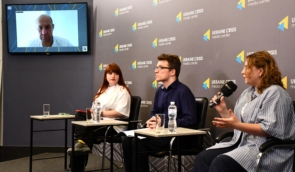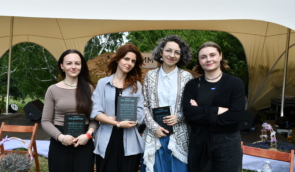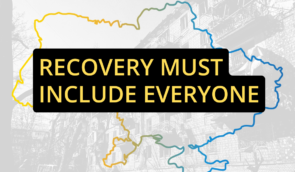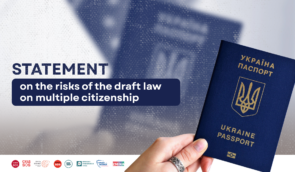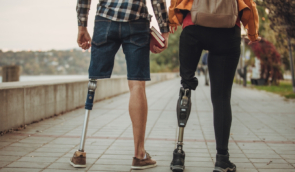UN Special Rapporteur accuses Russia of practicing torture in Ukraine
The UN Special Rapporteur on Torture, Alice Jill Edwards, wrote a letter to Russia, stating that the widespread use of torture by the Russian military in Ukraine appears deliberate. These incidents indicate a pattern of state-endorsed torture and a crime against humanity.
Her appeal was based, in particular, on the submission made by Human Rights Centre ZMINA, Media Initiative for Human Rights (MIHR), and World Organisation Against Torture (OMCT), all three are members of the Ukraine 5AM Coalition.
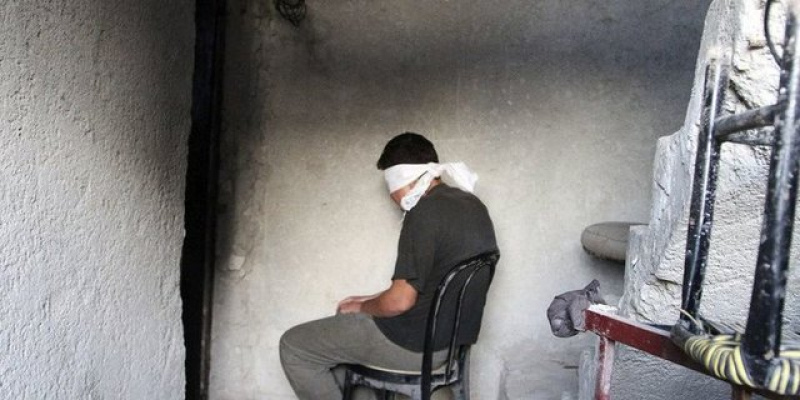
Alice Jill Edwards highlighted that Russian forces appear to be intentionally inflicting severe physical and psychological pain and suffering on Ukrainian civilians and prisoners of war. “The alleged practices include electric shocks, beatings, hooding, mock executions and other threats of death,” the UN expert said.
As a result of ill-treatment, poor conditions of detention, and non-provision of medical assistance, many of them suffer traumas, hallucinations, damage to internal organs, fractures and cracks in bones, extreme weight loss, sensory impairment, as well as motor losses, strokes or exacerbation of chronic diseases. Its consistency and methods indicate “a level of coordination, planning and organisation, as well as the direct authorisation, deliberate policy or official tolerance from superior authorities.”
At the same time, Edwards stressed that while torture is a war crime, its systematic or widespread practice constitutes a crime against humanity.
“Obeying a superior order or policy direction cannot be invoked as a justification for torture, and any individual involved should be promptly investigated and prosecuted by independent authorities,” she said.
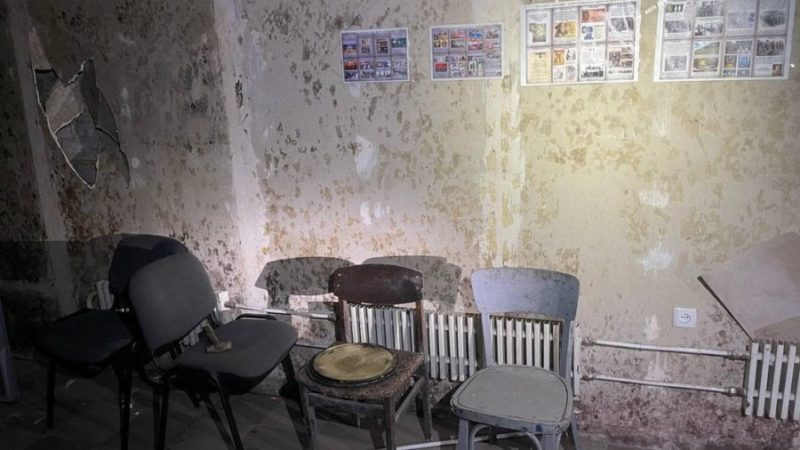 The torture chamber in Balaklia. Photo: Dmytro Lubinets / Facebook
The torture chamber in Balaklia. Photo: Dmytro Lubinets / FacebookThe mass nature of torture is also highlighted in the submission by ZMINA, MIHR and OMCT, based on 49 in-depth interviews with civilians who had been victims and witnesses of violence by the Russian army. The patterns of the documented cases indicate that these acts were systematic, interconnected and carried out as part of a plan, coordinated by senior military leaders aiming at achieving a common political goal.
Almost all interviewees reported witnessing the torture of others. 50% of interviewees reported that they had seen and heard mass torture in places of detention when all or almost all detainees were subjected to torture on multiple occasions. 40% of interviewees had witnessed the torture of several detainees who were held in the same cell.
“Such cruelty inflames hostility and damages future hopes of peace and reconciliation between neighbours. I strongly urge relevant authorities to ensure that civilians and prisoners of war are protected and treated humanely at all times,” Edwards stated.
***
The UN Special Rapporteur on torture and other cruel, inhuman or degrading treatment or punishment started its work in 1985. The mandate covers all countries, irrespective of whether a State has ratified the Convention against Torture and Other Cruel, Inhuman or Degrading Treatment or Punishment. The mandate comprises three main activities: transmitting urgent appeals to States with regard to individuals reported to be at risk of torture, as well as communications on past alleged cases of torture; undertaking fact-finding country visits; and submitting annual reports on activities, the mandate and methods of work to the Human Rights Council and the General Assembly.
Unlike the complaints mechanisms of the human rights treaty monitoring bodies, the Special Rapporteur does not require the exhaustion of domestic remedies to act. When the facts in question come within the scope of more than one mandate established by the Commission, the Special Rapporteur may decide to approach other thematic mechanisms and country rapporteurs with a view to sending joint communications or seeking joint missions.
Dr. Alice Jill Edwards (Australia) is the seventh – and first woman – UN Special Rapporteur on Torture and Other Cruel, Inhuman or Degrading Treatment or Punishment appointed by the UN Human Rights Council.
If you have found a spelling error, please, notify us by selecting that text and pressing Ctrl+Enter.

